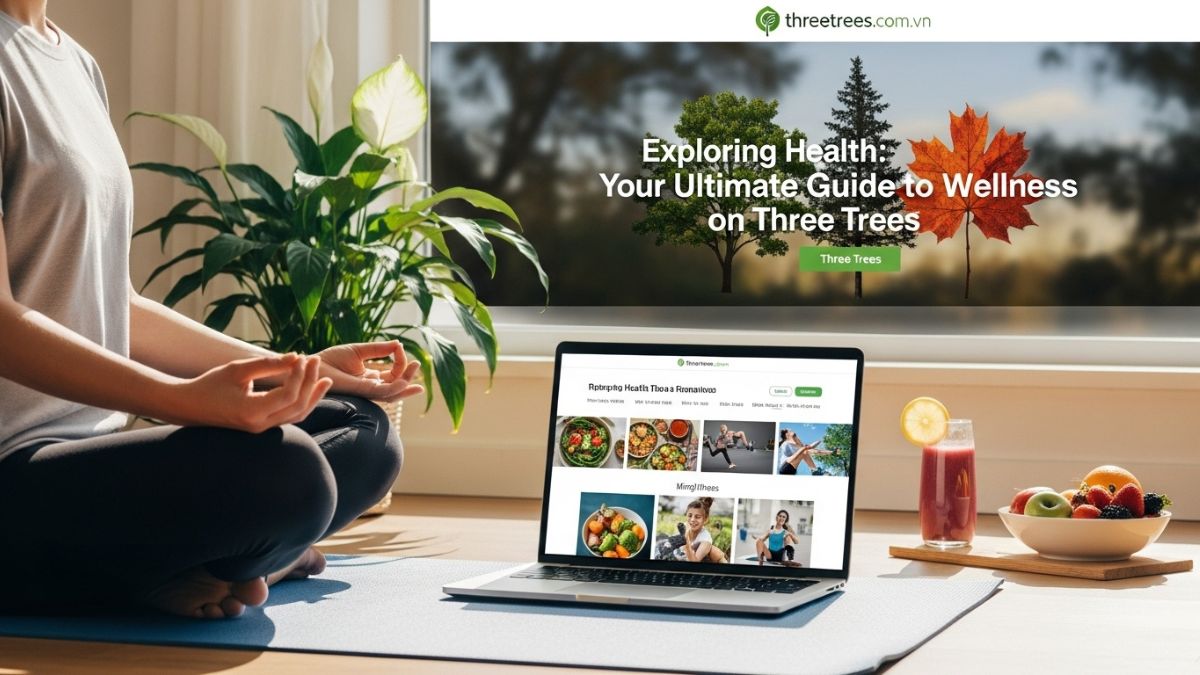A plant-based diet focuses on foods derived primarily from plants. This doesn’t just mean fruits and vegetables; it includes nuts, seeds, oils, whole grains, legumes, and beans. Unlike strict vegan diets, a plant-based diet can still include small amounts of animal products, depending on personal preferences.
Benefits of a Plant-Based Diet for Your Health
Eating plant-based isn’t just trendy; it’s backed by science. Studies show that it can lower the risk of heart disease, diabetes, and certain cancers. It’s like giving your body a natural defense system!
How Does It Help the Environment?
Going plant-based reduces your carbon footprint. It takes fewer resources to grow plants compared to raising livestock. Think of it as your personal contribution to saving the planet.
Weight Management Made Easier
Ever struggled with weight? A plant-based diet might be your answer. High in fiber and low in calories, plant-based meals help you feel full while keeping the scale in check.
Boosting Energy Levels Naturally
Plant-based foods are nutrient-dense, meaning they pack a punch in every bite. Vitamins, minerals, and antioxidants give your body the fuel it needs to stay energized throughout the day.
Myths About Protein in Plant-Based Diets
“But what about protein?” It’s a common concern, but there’s no need to worry. Foods like lentils, tofu, quinoa, and chickpeas are excellent sources of plant-based protein.
Essential Nutrients to Watch Out For
While plant-based diets are incredibly healthy, you must pay attention to nutrients like B12, iron, and omega-3s. These can be sourced from fortified foods or supplements to ensure a balanced diet.
How to Transition to a Plant-Based Lifestyle
Switching to plant-based eating doesn’t have to be overwhelming. Start small, like having a meatless Monday, and gradually add more plant-based meals to your week.
Meal Planning Made Simple
Planning is key to success. Create a weekly menu of simple, delicious plant-based recipes. This helps avoid the temptation of processed foods and ensures you’re eating a variety of nutrients.
Is a Plant-Based Diet Budget-Friendly?
Absolutely! Beans, rice, and seasonal vegetables are incredibly cost-effective. With proper planning, you can eat healthy without breaking the bank.
Plant-Based Snacks to Try
Snacking doesn’t have to mean chips and cookies. Hummus with veggies, trail mix, and fruit smoothies are satisfying plant-based alternatives.
Handling Social Situations as a Plant-Based Eater
Dining out or attending gatherings can be tricky. Look at menus beforehand or bring a dish to share. Communication is key—most hosts are happy to accommodate dietary needs.
How to Keep Meals Flavorful and Exciting
Spices are your best friend! Experiment with herbs, sauces, and international cuisines to keep your meals vibrant and full of flavor.
The Role of Plant-Based Diets in Disease Prevention
Plant-based diets have been linked to reduced risks of chronic illnesses. Eating more plants isn’t just a lifestyle change; it’s a way to invest in your long-term health.
Balancing Convenience and Nutrition
With busy schedules, it’s tempting to rely on fast food. Prepping meals in advance and stocking up on healthy snacks can help you stay on track without sacrificing convenience.
Why It’s Never Too Late to Start
Whether you’re in your 20s or 60s, adopting a plant-based diet can benefit your health. Small changes today can lead to significant improvements tomorrow.
Conclusion
Choosing a plant-based diet isn’t just a fad; it’s a sustainable lifestyle that benefits your health, the environment, and even your wallet. It’s about progress, not perfection. Take it one step at a time, and you’ll be amazed at how good you feel.
FAQs
Can I eat meat on a plant-based diet?
Yes, you can include small amounts of meat or dairy if you choose. A plant-based diet is flexible and focuses on prioritizing plants.
What are some easy plant-based recipes for beginners?
Try vegetable stir-fries, lentil soups, or quinoa salads. These are simple, nutritious, and delicious options to start with.
Is it hard to get enough protein on a plant-based diet?
Not at all! Incorporate protein-rich foods like beans, tofu, and nuts to meet your protein needs.
Can kids follow a plant-based diet?
Yes, with proper planning, children can thrive on a plant-based diet. Make sure they’re getting all the necessary nutrients.
How do I deal with cravings for meat or dairy?
Experiment with plant-based alternatives like veggie burgers or almond milk. Over time, your taste buds will adapt.















